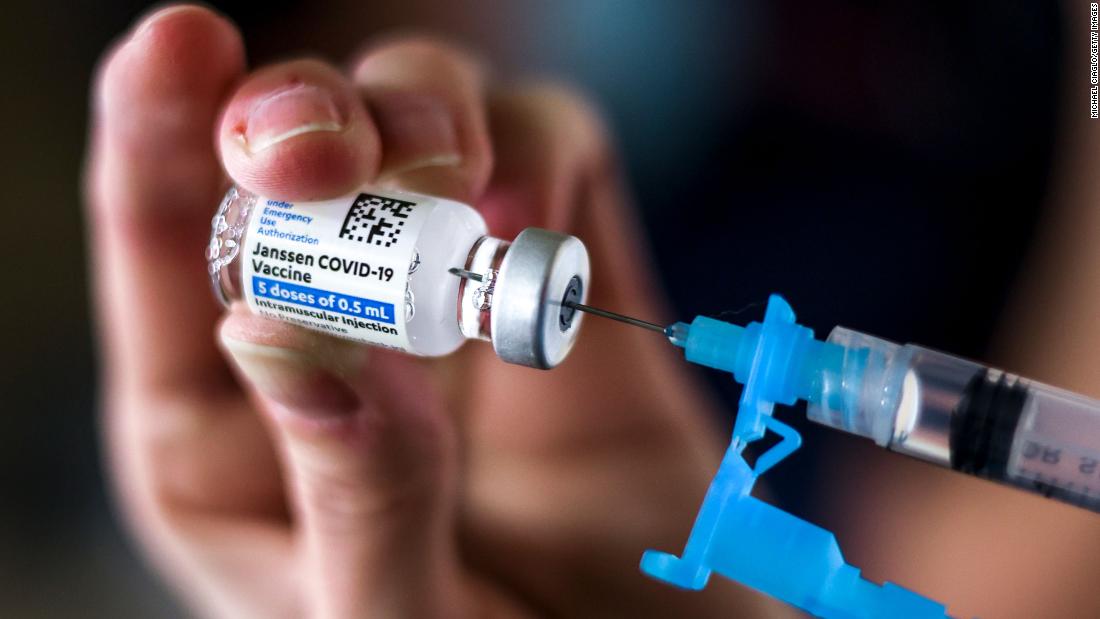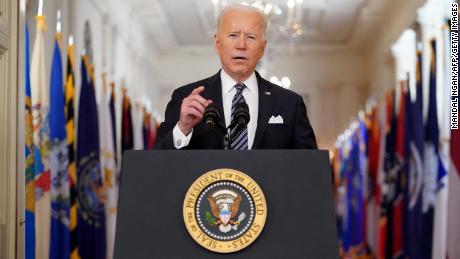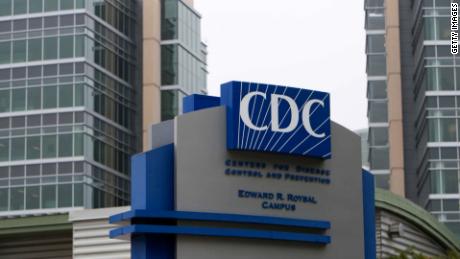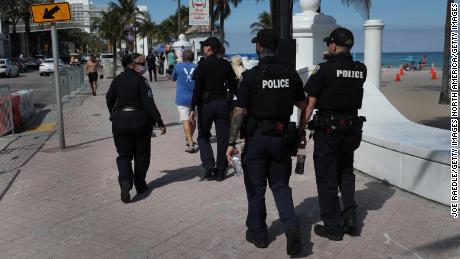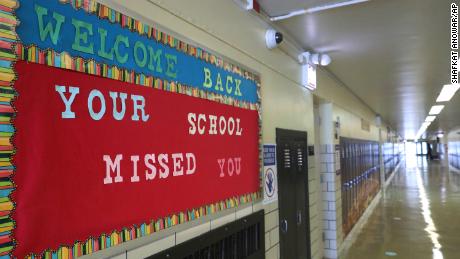Millions more Americans can now get Covid-19 vaccines, including teachers in all 50 states
— Millions more Americans are now eligible to get a vaccine this week as many states broaden their pools.
— For the first time, teachers in all 50 states and Washington, DC, are now able to get vaccinated.
About 70% to 85% of people must achieve immunity — either by surviving Covid-19 or receiving a vaccine — for the population to reach herd immunity. That’s the point at which enough people are protected against a disease that it cannot spread through the population.
“What we need to do is find a way to de-link anti-science (beliefs) from the Republican Party,” said Dr. Peter Hotez, dean of the National School of Tropical Medicine at Baylor College of Medicine.
For the US to quash this pandemic as quickly as possible, more Americans need to roll up their sleeves — especially as more contagious variants and travel increase, health experts say.
Despite warnings, air travel reaches record highs
More people traveled by air in the past four days than any other four-day period in this pandemic, according to the Transportation Security Administration.
At least 5.2 million people have flown since Thursday, the TSA said Monday.
Miami Beach Mayor Dan Gelber said “too much spring break activity” happened over the weekend.
“We’ve got a problem with too many people coming here,” the mayor said. “We’ve got a problem with too many people coming here to let loose.”
Miami Beach Police Chief Richard Clements told CNN on Monday spring breakers tend to “congregate closer to one another.” Once that happens, social distancing goes out the window, Clements said. This, in turn, exposes officers to Covid-19.
“We passed out almost 7,000 masks this weekend alone trying to get people to recognize the threat of the virus and the potential spread of the virus if they don’t take those precautions,” Clements said. “We obviously don’t want to see anymore in our ranks contract the virus.”
And just because spring breakers are outside on a beach doesn’t meant they’ll be safe.
“They’re not going to be (outdoors) all day and all night,” Hotez said. “They’re going to be in bars and everything else.”
“We have seen footage of people enjoying spring break festivities, maskless. This is all in the context of still 50,000 cases per day,” said Dr. Rochelle Walensky, director of the US Centers for Disease Control and Prevention.
“I’m pleading with you for, the sake of our nation’s health. These should be warning signs for all of us. Cases climbed last spring, they climbed again in the summer, they will climb now if we stop taking precautions when we get more and more people vaccinated.”
With masks on, is 3 feet of distance enough?
The CDC is reviewing new data to see whether physical distancing guidance for schools should be changed from a minimum of 6 feet to a minimum of 3 feet, Walensky said Monday.
“Schools were having a hard time with the 6-foot guidance, and that of course prompted more studies to say, ‘Is 6 feet necessary in the context of mask wearing?'” she said.
“Lower physical distancing policies can be adopted in school settings with masking mandates without negatively impacting student or staff safety,” the authors concluded.
Dr. Anthony Fauci, director of the National Institute of Allergy and Infectious Diseases, said, “The CDC is very well aware that data are accumulating making it look more like 3 feet are OK, under certain circumstances.”
“I can assure you within a reasonable period of time — quite reasonable — they will be giving guidelines according to the data that they have,” Fauci told CNN on Sunday. “It won’t be very long.”
States are expanding who can get vaccines
As vaccine supply and distribution networks expand, states are letting more groups get vaccinated:
But “the national supply of the vaccine remains limited,” state health officials said, “so appointments for the estimated 4.4 million Californians with these conditions or disabilities will not immediately be available to all who are eligible.”
How to beat variants before they get out of control
In the race between vaccines and variants, “the best way that we can avoid any threat from variants is do two things,” Fauci said.
One voice could help quash vaccine hesitancy
Of all the current challenges in this pandemic, one could be greatly alleviated if a former President spoke up, health experts say.
Forty-seven percent of people who supported President Donald Trump in the 2020 election said they would not get a Covid-19 vaccine if it became available to them, a recent poll by NPR/PBS NewsHour/Marist found. (Only about 10% of people who supported President Joe Biden said they wouldn’t get a vaccine.)
Fauci said on “Fox News Sunday” that if Trump told Republican supporters to get vaccinated, it “would make all the difference in the world.”
“He’s a very widely popular person among Republicans. If he came out and said, ‘Go and get vaccinated, it’s really important for your health, the health of your family and the health of the country,’ it seems absolutely inevitable that the vast majority of people who are his close followers would listen to him,” Fauci said.
And there’s even more good reason to get vaccinated. Growing evidence suggests coronavirus vaccines don’t just prevent people from getting sick, they can also prevent you from getting infected and passing the virus to others.
“All of the evidence across all the vaccines now is pointing in the direction that these vaccines reduce asymptomatic infection and reduce transmission,” Dr. Scott Gottlieb, a former Food and Drug Administration commissioner and current Pfizer board member, told CBS on Sunday.
“If that’s the case, the vaccine creates what we call ‘dead-end hosts’ — a lot of dead-end hosts — meaning people will no longer be able to transmit the infection.”
CNN’s Elizabeth Cohen, Gregory Lemos, Michael Nedelman, Pete Muntean, Anjali Huynh, Hollie Silverman and Naomi Thomas contributed to this report.
![]()


